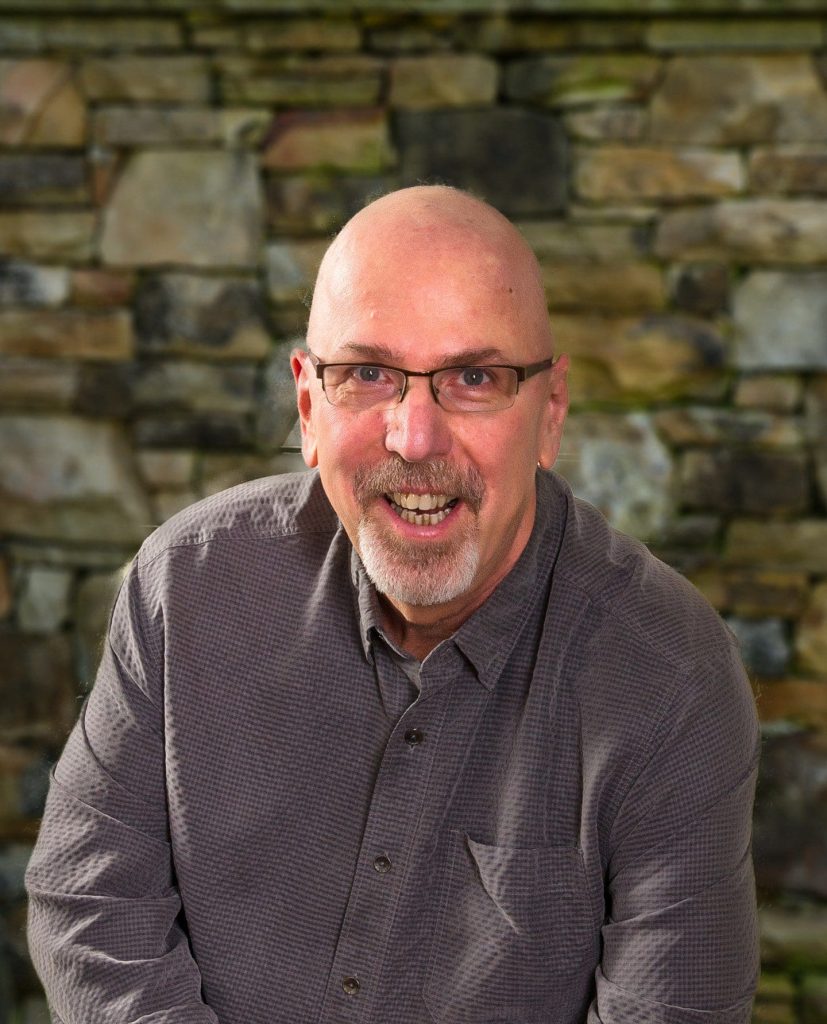Things Change. You Will Have to Change, Too.
By Jeff Altman, The Big Game Hunter
A story about a restaurant closing in NYC brought up my sentimental side. It had a cameo in the movie Taxi Driver and several TV shows during its existence, and now was being forced to close because the group that operated the property the restaurant was on agreed to vacate it for new housing and common areas.
New York City is a city of constant turmoil. Yankee Stadium was built on land where I played Little League baseball. Restaurants I went to for years are long gone, as am I. I now live in North Carolina in a more pleasant climate.
Since moving to Asheville, several world-class restaurants have come and gone. Open land is disappearing to developers, and friends have moved elsewhere.
When I started in tech recruiting, the hot skill that would guarantee someone would get a job was COBOL. Some of you reading this will wonder wtf that is. It is legacy technology that few use today, just as there are other dinosaur skills that few people care about anymore.
Change Is Relentless
Here’s the truth: change isn’t optional. It doesn’t ask for your approval or wait for you to be ready. It just shows up—whether in the form of new technology, shifting industries, changing demographics, or personal life moves.
Think about it. The world you entered the workforce in—whenever that was—is not the world you’re working in now. Industries rise and fall. The careers of yesterday become irrelevant. At one point, people were terrified that ATMs would kill banking jobs. They didn’t. They just changed them. The same is happening with AI today.
The Choice You Really Have
You don’t get to stop change. The only choice you have is how you respond. You either adapt—or you slowly fade out, insisting things should be “the way they used to be.”
I’ve seen both. The professionals who invested in continuous learning, who retooled their skills, who stayed flexible—they thrived. The ones who didn’t… well, let’s just say they wound up bitter, unemployed, and confused about why no one wanted to pay for what they had to offer anymore.
Adapting Without Losing Yourself
Adapting doesn’t mean abandoning who you are. It means translating your value into today’s language.
- If your industry shifts, you reskill or pivot.
- If your company downsizes, you rethink your career strategy.
- If your life circumstances change, you adjust your priorities.
The people who succeed are not necessarily the smartest or the most talented. They’re the ones who accept reality quickly and take action, while others are still in denial.
A Personal Example
When I left recruiting and moved into coaching full-time, it wasn’t because the old work was “bad.” It was because the market had changed—and I had changed. Holding onto the past would have been a slow death. Instead, I built something new that still leverages what I know, but meets the needs of professionals navigating the modern job market.
The Bottom Line
You don’t have to like change. You don’t have to cheer for it. However, you must respect it—and adjust your life, career, and mindset accordingly.
Change will roll over the people who stand still. But those who adapt? They don’t just survive. They thrive.
Ⓒ The Big Game Hunter, Inc., Asheville, NC 2025

